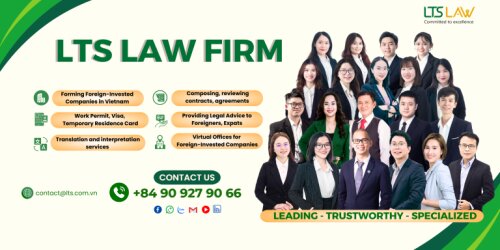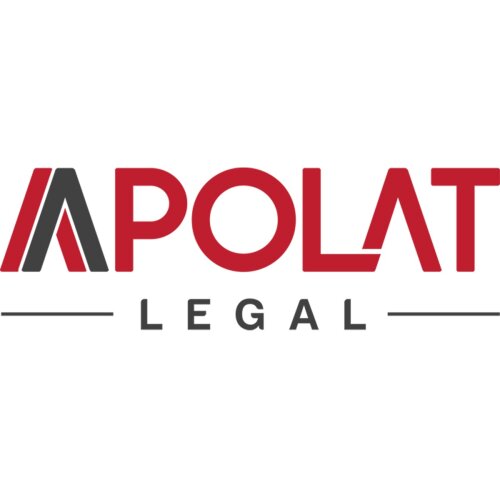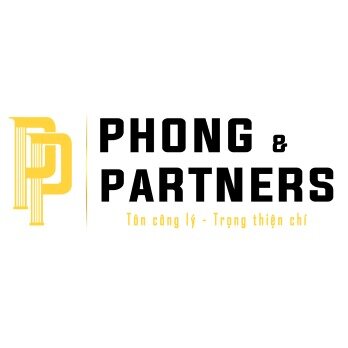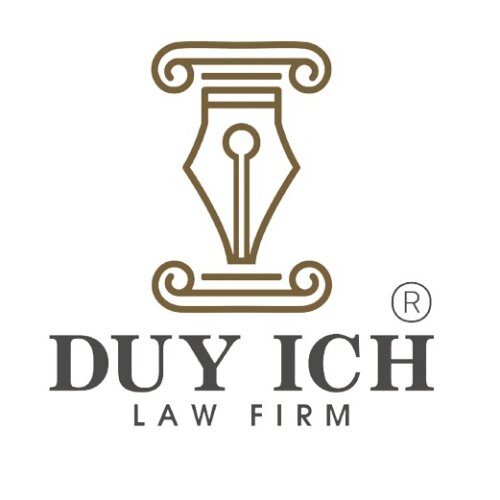Best Creditor Lawyers in Vietnam
Share your needs with us, get contacted by law firms.
Free. Takes 2 min.
Or refine your search by selecting a city:
List of the best lawyers in Vietnam
About Creditor Law in Vietnam
Creditor law in Vietnam refers to the body of laws governing the rights and responsibilities of creditors-individuals or entities that are owed money by another party, known as the debtor. In Vietnam, creditor law encompasses various legal frameworks, including debt recovery, insolvency proceedings, and enforcement of security interests. These laws are designed to balance the interests of creditors and debtors, ensuring financial obligations are honored while providing mechanisms for debt recovery and dispute resolution.
Why You May Need a Lawyer
There are several situations where individuals or businesses may require legal assistance in creditor-related matters in Vietnam:
- Debt Collection: Navigating the legal processes involved in recovering unpaid debts can be complex, necessitating expert legal support.
- Contract Disputes: Legal expertise may be needed when disputes arise over the terms of financial contracts and loan agreements.
- Insolvency Proceedings: Both creditors and debtors may need legal assistance during bankruptcy or insolvency scenarios to protect their interests.
- Enforcement of Security Interests: A lawyer can help ensure compliance with local regulations while enforcing security agreements like mortgages and pledges.
- Negotiations and Settlements: Legal representatives can facilitate negotiations between creditors and debtors to reach amicable settlements.
Local Laws Overview
The legal landscape in Vietnam regarding creditors is shaped by several key regulations:
- Civil Code: Provides the fundamental legal foundation for obligations and contracts, including creditor rights.
- Law on Credit Institutions: Governs the activities of banks and financial institutions, facilitating credit-related transactions.
- Bankruptcy Law: Outlines procedures and implications of declaring bankruptcy, protecting the rights of creditors in insolvency cases.
- Commercial Law: Regulates commercial transactions and impacts how business-related debts are managed and enforced.
- Enforcement Law: Focuses on the execution of court judgments and effective recovery of debts.
Frequently Asked Questions
What is the process for collecting a debt in Vietnam?
The debt collection process in Vietnam typically involves negotiation, mediation, and, if necessary, litigation through local courts or arbitration.
Can I recover legal costs incurred in the debt recovery process?
Legal costs may be recoverable if stipulated in the contract or determined by the court as part of the judgment.
What happens if a debtor declares bankruptcy?
In bankruptcy, creditors can file claims in the insolvency proceedings to receive payment from the debtor's remaining assets, subject to legal priorities.
How long do I have to enforce a debt?
The statute of limitations for debt enforcement is typically two to three years from the date the debt becomes due, depending on the case specifics.
What if the debtor is a foreign company?
If the debtor is a foreign entity, international treaties or reciprocal agreements on judgment enforcement may apply, necessitating specialized legal guidance.
Can creditors seize assets before a court judgment?
Provisional measures may allow asset seizure with court approval to secure potential future judgment enforcement.
Do I need a court order to seize the debtor's assets?
A court order is generally required unless provisional measures are pre-approved by the court.
How are secured transactions treated in Vietnam?
Secured transactions are subject to registration, and secured creditors have priority rights in asset recovery upon debtor default.
What are my rights during insolvency proceedings?
Creditors have the right to participate in creditor meetings and vote on insolvency resolutions and debtor rehabilitation plans.
Is arbitration available for creditor disputes?
Yes, arbitration is available and often stipulated in contracts as a means of resolving creditor disputes out of court.
Additional Resources
For those seeking further assistance, the following resources may be useful:
- Ministry of Justice: Provides legal information and support on creditor and debtor laws.
- Vietnam Credit Information Center: Offers insights on credit data and risk management for creditors.
- Local Bar Associations: Can refer individuals to qualified lawyers specialized in creditor law.
Next Steps
If you are in need of legal assistance concerning creditor issues in Vietnam, consider the following steps:
- Consult with a legal expert to assess your specific situation and receive tailored advice.
- Gather and organize all relevant documentation relating to your creditor issue, including contracts and communications.
- Consider alternative dispute resolution methods like mediation or arbitration to possibly resolve disputes out of court.
- Stay informed about ongoing changes in creditor and debtor laws through reliable legal publications and advisories.
Lawzana helps you find the best lawyers and law firms in Vietnam through a curated and pre-screened list of qualified legal professionals. Our platform offers rankings and detailed profiles of attorneys and law firms, allowing you to compare based on practice areas, including Creditor, experience, and client feedback.
Each profile includes a description of the firm's areas of practice, client reviews, team members and partners, year of establishment, spoken languages, office locations, contact information, social media presence, and any published articles or resources. Most firms on our platform speak English and are experienced in both local and international legal matters.
Get a quote from top-rated law firms in Vietnam — quickly, securely, and without unnecessary hassle.
Disclaimer:
The information provided on this page is for general informational purposes only and does not constitute legal advice. While we strive to ensure the accuracy and relevance of the content, legal information may change over time, and interpretations of the law can vary. You should always consult with a qualified legal professional for advice specific to your situation.
We disclaim all liability for actions taken or not taken based on the content of this page. If you believe any information is incorrect or outdated, please contact us, and we will review and update it where appropriate.
Browse creditor law firms by city in Vietnam
Refine your search by selecting a city.

















